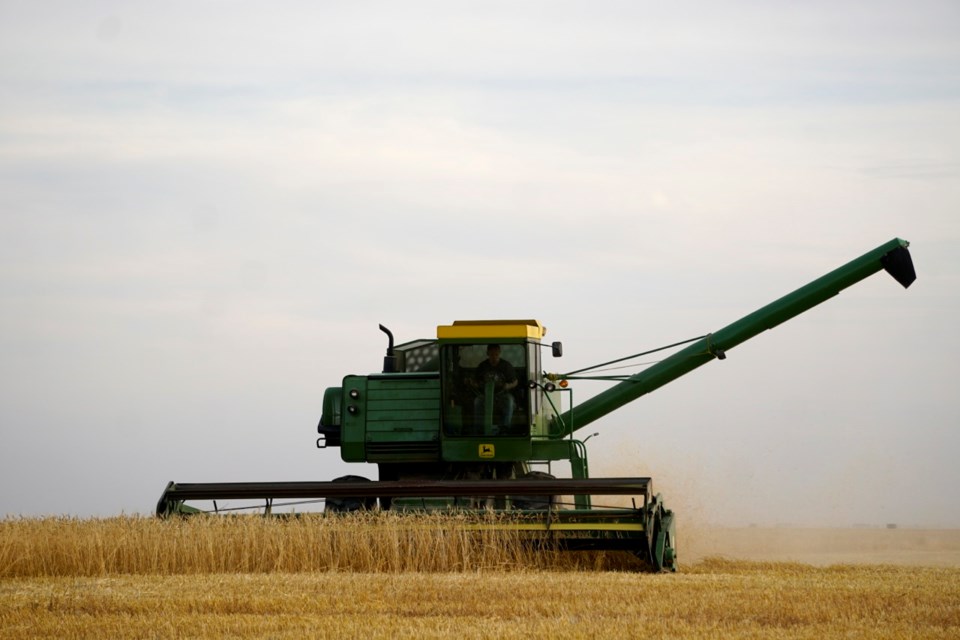YORKTON - When it comes to economic development in Saskatchewan there are some core principles which should generally be followed.
While there are always exceptions to the rules in business, in Saskatchewan there are a couple of general precepts which are at least worth considering.
The first was noted by Barb Stefanyshyn-Cote co-founder, co-owner and CEO of Black Fox Farm and Distillery, in a media scrum before her recent presentation at the Yorkton Chamber of Commerce business dinner.
Stefanyshyn-Cote, who along with husband John Cote, operate the distillery just outside Saskatoon, said something that remains an important business consideration in the province is anything which adds value to on farm commodity production.
It is an idea which certainly works for her as the couple grows triticale which becomes whisky and gin.
It’s a concept which is certainly familiar to Yorkton, a city which has become something of a hub in terms of value-added processing of farm products.
The processing includes a major oat processor turning that cereal grain into the familiar rolled oats many of us enjoy as breakfast porridge, or maybe more so in raisin/oatmeal cookies.
Then there are the two major canola crushers which turns canola seed into containers of oil and meal for export.
A locally-owned facility crushes flax seed for its oil here too.
And, soon a pea crusher will be added to the local mix here.
Now ideally we might want to see the basic processed products produced here; oils, meal, rolled oats, be utilize here rather than shipped to markets across North America and the world, producing bio-diesel, or cookies etc here, but that would probably never make sense economically.
Back to Stefanyshyn-Cote, who told those at the dinner how the couple once farmed near Leask, but rather than expand acres, chose to look to a smaller land base producing things they could market direct to consumers; vegetables, flowers, and ultimately whisky.
That meant moving from the Leask area and a community of a few hundred to the outskirts of Saskatoon, and its much larger population.
It is often important in the production of products to be close to where people are to reduce transportation costs. That is particularly important with perishable, or light and bulky products.
Regionally, many in the agriculture field might recall an effort at Kelvington, Sask. to produce ‘peaola’ chips for the snack food market.
The problem though is that even filling a semi with bags of ‘chips’ means you are shipping very little product, so the cost of that transportation impacts every bag bought too much while watching a football game. It was not an ideal formula for success based a long way from any significant population base.
So while value-added is foundationally important on the Prairies, it needs to be remembered where the population you are marketing to is to be successful.






